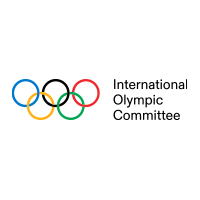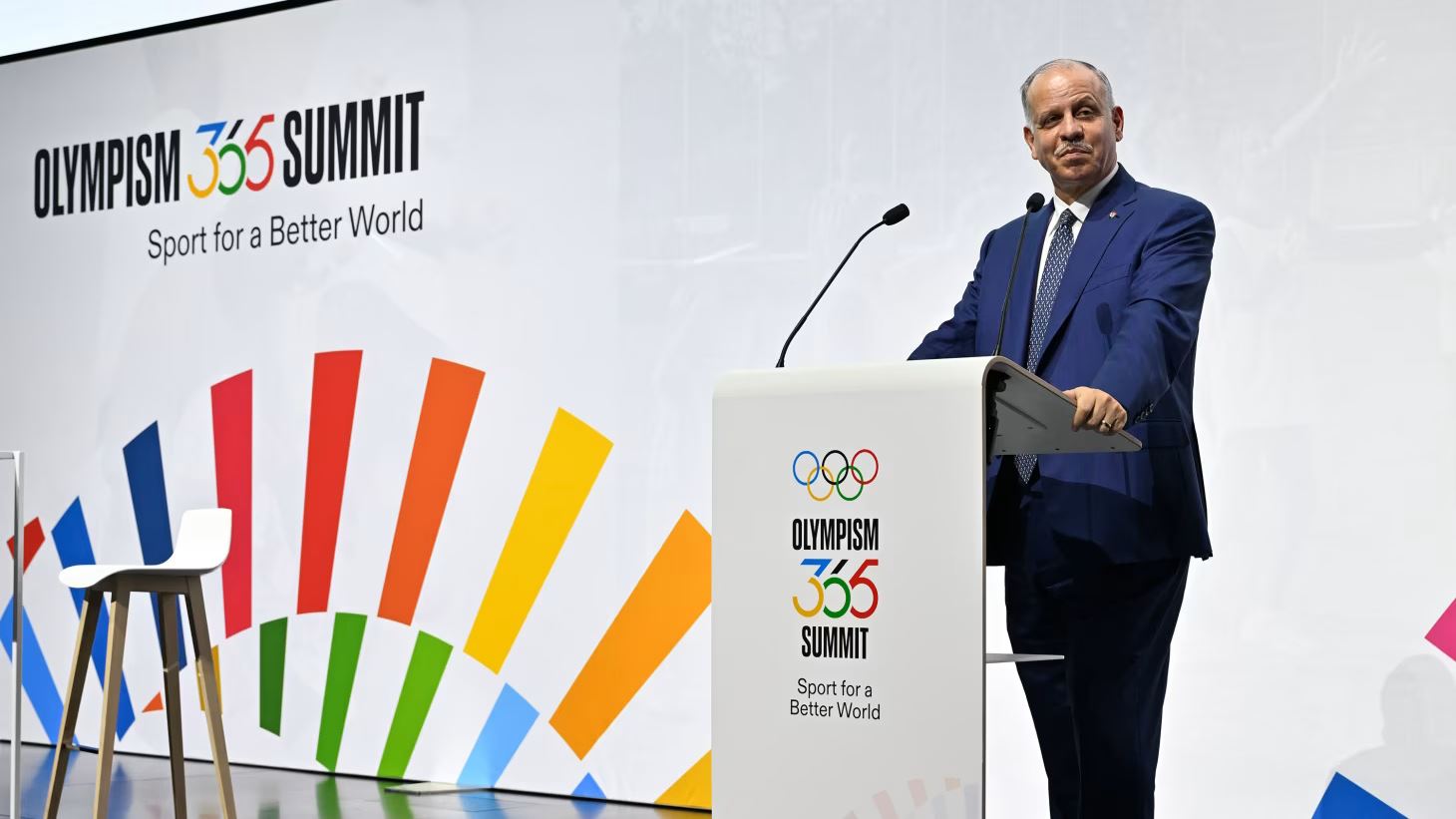05 June 2025 - A range of resources, training programmes and technologies were announced at the Olympism365 Summit: Sport for a Better World to empower organisations and individuals to enhance athlete well-being and safeguard against violence and abuse in sport.
Safe sport was among the key agenda items of the Summit, which was hosted by the International Olympic Committee (IOC) in Lausanne, Switzerland, from 3 to 5 June. Critical topics such as the prevention of interpersonal violence, the advancement of athlete mental health and well-being and the integration of sport within broader violence prevention strategies were discussed during the event.
Commenting on the outcomes of the Summit, HRH Prince Feisal Al Hussein, who leads the International Safe Sport Steering Committee, commented: “Sport holds immense power to drive change – a power already in motion across the globe. Now is the time to build on that momentum and push further.
We need to further improve our systems that protect and empower. We need cultures that treat mental health as seriously as physical injury. And above all, we need leadership that acts with integrity, not only intention. Leadership that listens, responds and builds environments where dignity, safety and well-being are non-negotiable.
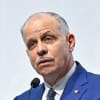
HRH Prince Feisal Al Hussein, IOC Member and Chair of the International Safe Sport Steering Committee
“We need to further improve our systems that protect and empower,” he added. “We need cultures that treat mental health as seriously as physical injury. And above all, we need leadership that acts with integrity, not only intention. Leadership that listens, responds and builds environments where dignity, safety and well-being are non-negotiable.”
"Convening stakeholders from across the globe, the Olympism365 Summit has facilitated the development of concrete, impactful programmes and tools that will measurably improve safety in and through sport,” said Kirsty Burrows, IOC Associate Director for Health, Medicine and Science. "These resources will empower organisations and individuals to create safer sporting environments and advance the UN's Sustainable Development Goals [SDGs]. We are grateful for the commitments made and optimistic about what we can now achieve together."
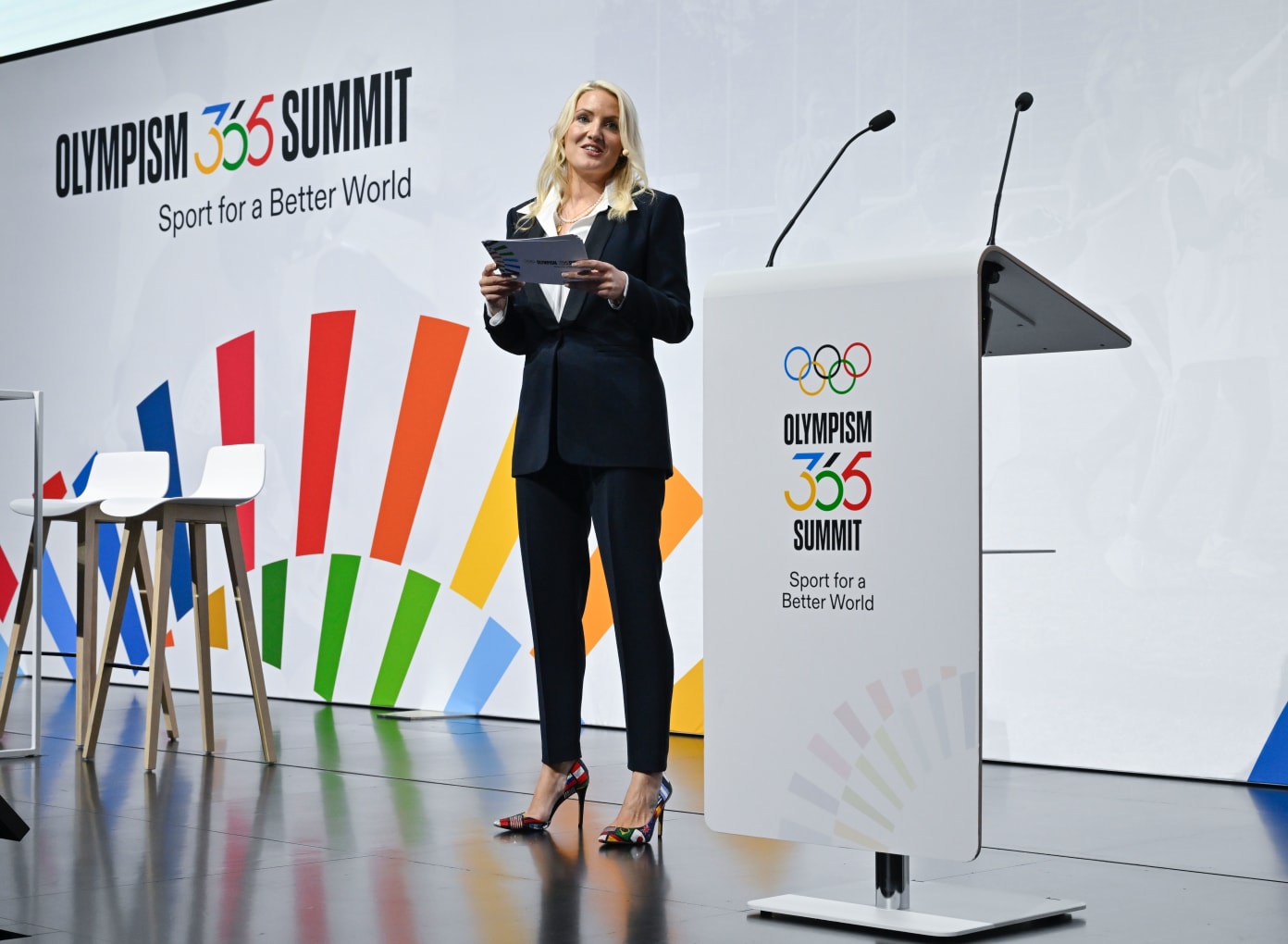
TACKLING CYBER ABUSE AT THE OLYMPIC GAMES
Following the implementation of the largest online abuse prevention programme in sports history during the Olympic Games Paris 2024, the IOC reaffirmed its commitment to athlete safety during the Summit. An AI-powered cyber abuse prevention system will again be deployed at the Olympic Winter Games Milano Cortina 2026 to detect and filter harmful content targeting athletes during Games time, helping to ensure a safer and more respectful digital environment for all participants.
GLOBAL PROGRAMMES STRENGHTHENING SAFETY IN SPORT
The Summit provided a platform for the IOC and other partners to commit to working together on a number of programmes to strengthen athlete safeguarding and prevent violence:
- The IOC and the United Nations Spotlight Initiative committed to joint efforts to strengthen sport’s contribution to ending violence against women and girls. The collaboration will focus on advocacy and communication, capacity building for front-line response, and support for civil society organisations delivering sport-themed prevention and education programmes.
- The IOC and FIFA discussed strengthened technical collaboration to advance shared priorities in athlete health and well-being. The collaboration aims to enhance the impact, effectiveness and scalability of sport-based health initiatives, including those related to physical health, mental health, and well-being and safeguarding. Aligned with the IOC Mental Health Action Plan and broader health-related strategies, this joint effort will amplify global visibility, foster innovation and promote health, in and through sport.
- The Huntsman Family Foundation discussed the initial development of a landmark collaboration with the Huntsman Mental Health Institute at the University of Utah, the IOC and the Salt Lake City-Utah 2034 Organising Committee to elevate mental health and well-being in and through sport. Driven by the opportunity of the Olympic Winter Games Salt Lake City-Utah 2034, the partnership aims to advance mental health and well-being programmes for both athletes and the wider community in the lead-up to, during and as a lasting legacy of the Games.
- The United Nations Special Representative of the Secretary-General on Violence Against Children discussed a shared commitment with the IOC to accelerate efforts to end violence against children by strengthening the role of sport as a powerful tool for protection, prevention and empowerment – addressing violence not only in sport, but through sport. The proposed collaboration envisions also including sport in advocacy efforts under the Pathfinding Global Alliance on Ending Violence Against Children, widening understanding of the importance of sport as a methodology for violence prevention, the importance of addressing violence within sport and building vital bridges between sport and other frontline sectors to support localised responses – including through the Safe Sport Regional Hub Initiative.
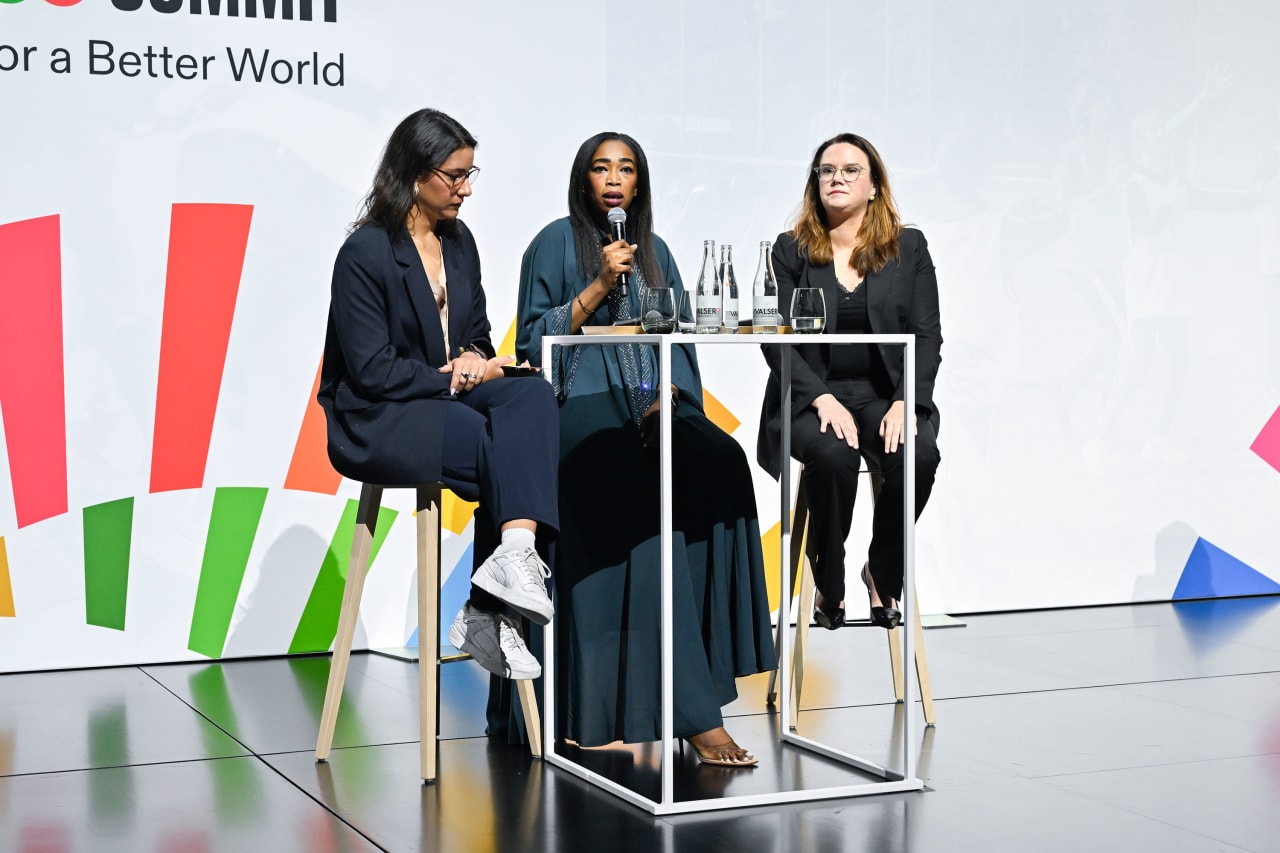
LOCAL PROGRAMMES EMPOWERING THE SAFE SPORT REGIONAL HUB INITIATIVE
Additional programmes announced at the Olympism365 Summit focused on the development of enhanced local collaboration to further develop the Safe Sport Regional Hub Initiative:
- The African Union Sports Council Region 5, working with a consortium of Southern African organisations and the IOC, will complete a feasibility study for a Safe Sport Regional Hub. In support of this consortium, the African Partnership to End Violence Against Children and the IOC will cooperate to harness sport as a tool for violence prevention and child protection.
- In the Pacific, the University of Queensland, working with a Pacific Advisory Council and the IOC, will complete an aligned feasibility study for a Pacific Islands Hub.
- The European Commission has also awarded funding to the SAFE HARBOUR Project, led by the European Olympic Committees-EU Office. This project aims to strengthen safeguarding response and will lay the groundwork for the European Hub.
- The IOC, UNICEF, the United Nations Office on Drugs and Crime (UNODC) and the World Health Organization (WHO) joined civil society representatives, athlete representatives, sports organisations, safeguarding specialists and academic leaders to form the inaugural International Safe Sport Steering Committee. This committee will provide strategic guidance to the Safe Sport Regional Hub Initiative and related global efforts to advance safe, inclusive sports environments. The Steering Committee will oversee the production and implementation of an International Safe Sport Framework; a sport-specific International Classification of Violence Against Children Tool; and a locally adaptable train-the-trainer programme to support trauma-informed approaches to preventing and responding to interpersonal violence in sport.
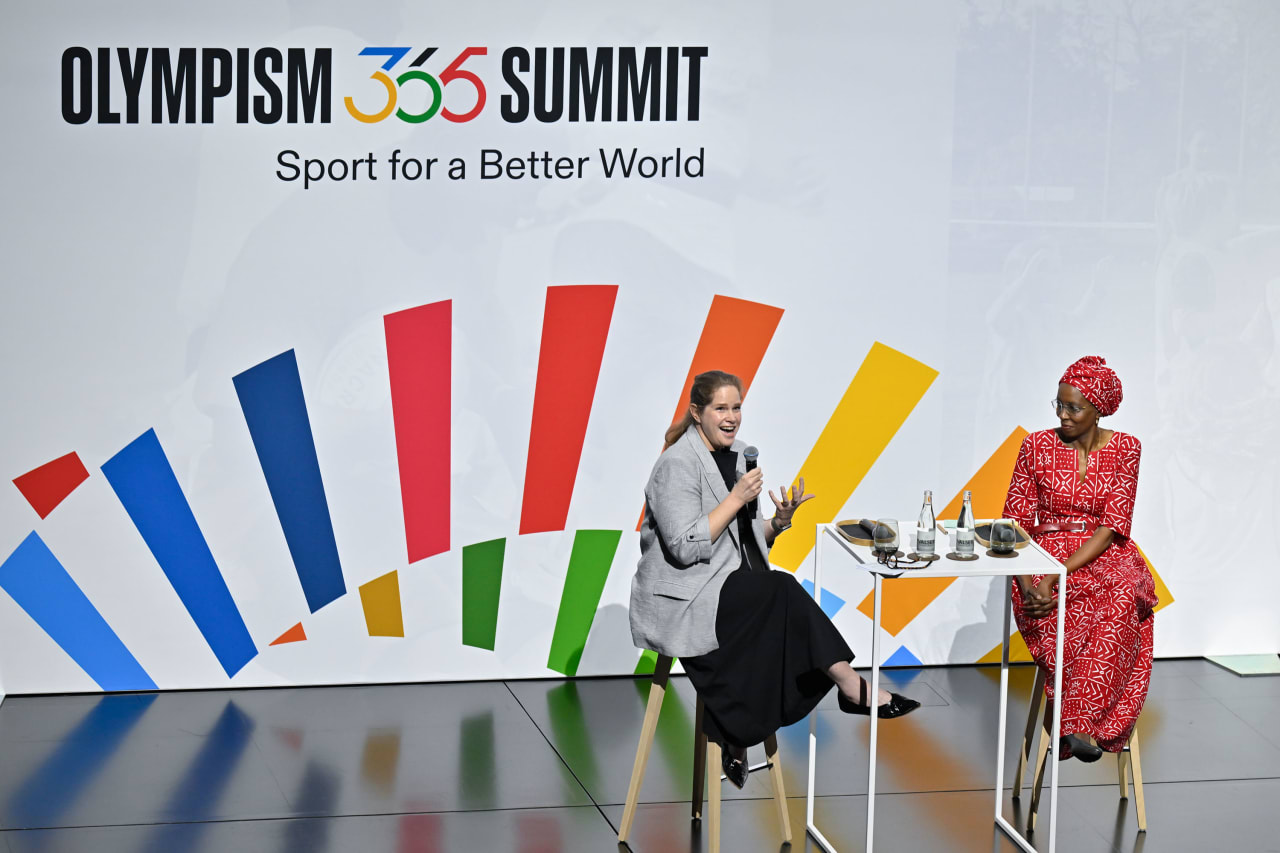
ADVANCING HARMONISED TOOLS AND STANDARDS
To ensure accessible, coherent responses to interpersonal violence in and through sport, the IOC and its partners also advanced the co-development of shared frameworks and technical tools, through a series of co-creation workshops. These include:
A Sector-Specific Classification Tool, the first in sport, based on the Inter-Agency Classification for Violence Against Children (IC-VAC), to improve the monitoring and tracking of interpersonal violence in sport;
A Unified Response Framework to enhance decision-making and strengthen appropriate, survivor-centred responses;
The development of an International Safe Sport Framework, aiming to harmonise standards, establish shared principles, and clarify the distinct but complementary roles of states, public authorities and sports bodies in ensuring safe sport environments.
TRAINING PROGRAMMES
Finally, to strengthen the safe sport expert community and increase awareness on mental health, two training courses were launched:
- A Safeguarding Focal Point train-the-trainer programme, which will support the training of 1,600 safeguarding focal points by the end of 2026, joining a community of practice of over 350 trained Safeguarding Officers in 99 countries who are already active.
- A Mental Health Awareness course was also announced by the IOC, to support the contextualised strengthening of mental health literacy and support early recognition of concerns.
ABOUT THE OLYMPISM 365 SUMMIT
The Olympism365 Summit: Sport for a Better World brought together safe sport experts, alongside over 250 representatives from 100 organisations across the Olympic Movement, United Nations agencies, development and financing institutions, civil society, for-purpose businesses, the safe sport community and IOC Young Leaders, working together to advance the UN SDGs through sport.
For more information on the Summit and to view the Summit outcomes, including those relating to safe sport, visit: Olympism365 Summit: Sport for a Better World.
